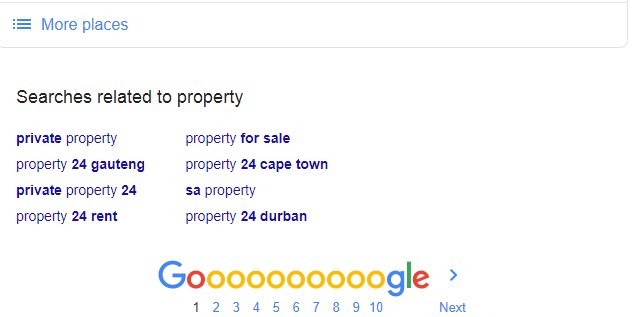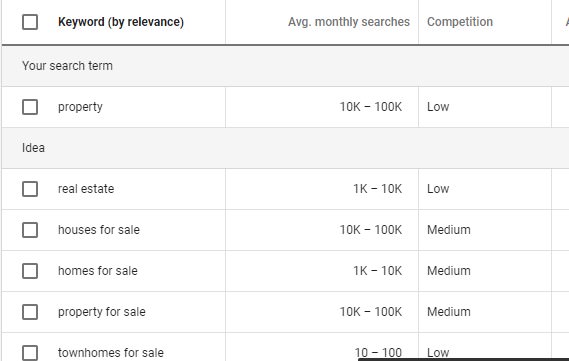How to Find Long-Tail Keywords to Rank in a Competitive Industry
We’ve chatted before about long-tail keywords and how they benefit both the online business which uses them correctly and the user conducting the search. The theory is simple; the more relevant words or phrases that you use in a search, the more accurate your results will be. However, while we may understand the theory, how do we actually find long-tail keywords to use on our website when we are in a competitive industry?
What Are Long-Tail Keywords?
Just so we’re all on the same page, a long-tail keyword is a phrase consisting of three words or more which a user enters into a search bar. It helps to more clearly define what they are looking for and, as Google is in the business of serving up the right information, it helps this digital giant to pull up the most relevant info.
For example, your users may type in “cars” which will likely bring up car rental agencies, car dealerships near them or even the history of cars. However, if they were to type in “cars movie Pixar” then the search results will direct them to more information on the movie.
Got it?
Why Use Long-Tail Keywords?
If you’ve been in business for any length of time and you have a website, then you will know the frustration of trying to get found online, cluttered as it is with – literally – billions of websites.
This, coupled with the fact that not everyone has the same massive budget that some of the big online spenders have, means that we must get creative – and this is where long-tail keywords really help in our SEO efforts.
The fact is if you’re trying to stand out, or just get found, in a fiercely competitive industry then you had better have deep pockets – or a great marketing team.
Let’s take a few examples.
Are you in the insurance industry? Or perhaps in property? What about car sales, building or manufacturing? Take a moment to type in the keyword that you think your ideal user would enter if they were looking for you. (And note which companies appear on the first and second pages!)
The word “insurance” for example, brings up over 1.6 billion results. “Insurance broker” shows 320 million results. “Insurance broker in London” gives 38.7 million results. “Insurance broker in London specialising in domestic” offers 359 000 results.
Long-tail keywords help to break through the competition while keeping your results relevant.
How do I Find Long-Tail Keywords?
The short and simple answer to this is to work out what real people are actually asking when they search online.
Here are three ways from Google which you can use to collect this valuable data:
Google Search Bar Auto Suggest
Open your browser and type in your main industry keyword. You’ll notice that as you type suggestions will start coming up. These are actual searches in order of volume and relevance conducted by real people. It should look something like this:
 Because I am searching from Durban, the suggested location options are relevant to me, as well as the most popular property pages in South Africa.
Because I am searching from Durban, the suggested location options are relevant to me, as well as the most popular property pages in South Africa.
Make a note of these, and if necessary, expand your search into a few different words to get a better feel of what people are asking for.
Related Google Searches
Once you have typed in your keyword or phrase, scroll right down to the bottom of the results page. There you will find more nuggets from our friends at Google, which will look something like this:
 Again, enter a few words and phrases and make a careful note of what comes up often. And don’t be afraid of the longer phrases – more on that in a bit!
Again, enter a few words and phrases and make a careful note of what comes up often. And don’t be afraid of the longer phrases – more on that in a bit!
Google Keyword Planner
This is an essential tool for everyone with a website, as well as marketing gurus everywhere. Go to the Google Keyword Planner tool and register or sign in.
In the keyword planner tool, enter your word or phrase, and Google will bring up searches pertaining to it. As an added bonus, you will also be able to see the search volume and the competition value of the words as you scroll through. What you’re looking for are the highest volume words with the lowest competition, something like this:
 These three simple tools should have given you a list of 20 – 50 long-tail keywords which you can now use on your website. These are not simply phrases such as “insurance brokers” which are what the big guns are using, they are far more complex than that.
These three simple tools should have given you a list of 20 – 50 long-tail keywords which you can now use on your website. These are not simply phrases such as “insurance brokers” which are what the big guns are using, they are far more complex than that.
These highly specific, targeted and relevant keywords are your ticket to beating the competition online.
So now what?
Aha, well this is where the magic happens. Our next article will talk about how to use long-tail keywords to maximise your online presence!













